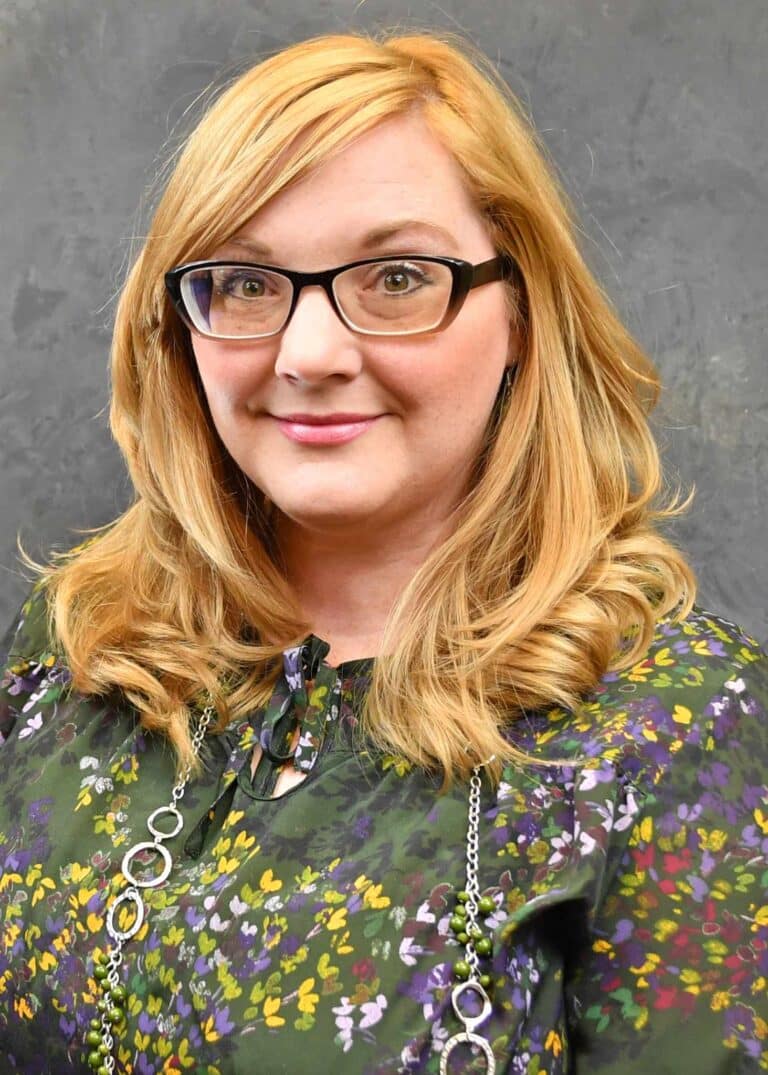By Tabitha Bozeman
February is a month full of celebrations — Valentine’s Day, yes, but many others, too. A few of my favorites include National Eat Ice Cream for Breakfast Day, National Ballet Day, Fat Thursday, Hug Day, Mardi Gras, National Random Acts of Kindness Day, Tell a Fairy Tale Day, and this year we also have Leap Day. For Valentine’s Day, I am gifting my children the usual candies, but also hand-crafted scrapbooks with pockets, flaps and notes and scraps of poetry that I loved as a child — poetry that they need running through their veins and singing in their hearts. There is a wide variety of writers, poets and musicians we offer our children because there are millions of valuable lives being simultaneously lived by others — and we know that if our children are aware of this pluralistic existence, then they can develop a capacity for growth and for accepting others’ growth. As a mother, I hope I am gifting them opportunities to learn as much as they can about the various paths they and those around them can take through this world. It is a gift of self-awareness, compassion, agency, determination and acceptance. One way we try to do this is by intentionally providing opportunities for them to learn about experiences and paths that are different than theirs.
February is also Black History Month, and so we spend time celebrating and reading from and about many people of color — famous writers and poets and leaders and change-makers. A few months ago, one of my closest friends and I took our girls to Montgomery and spent the day contemplating the deeply striated and complex history of our state when it comes to race. We learned about the bus boycotts, devastating incarceration statistics and the humans behind the numbers; we rode a bus through downtown Montgomery and visited the Legacy Museum, learning about the Equal Justice Initiative. We toured the First White House of the Confederacy and answered difficult questions about that period of our history. The girls took turns sitting beside Rosa Parks in the museum bearing her name, talking to each other about what they hoped they’d have done if they’d been on the bus with her that day. We watched and listened and read stories from newspapers and journals and interviews about the joys and hopes and fears and losses and grief of innumerable people, and it was heavy. It was heavy walking through the National Memorial for Peace and Justice (also called the National Lynching Memorial), seeing the coffin-sized metal sculptures hanging above us and lying on the grass. We saw some with names from our own communities, had hard conversations and answered tough questions. My youngest daughter had big questions and even bigger emotions about the Legacy Museum, and at one point looked at me with tears in her eyes and asked how anyone could treat children and babies the way they were treated, saying that she felt sad that people “like her” had done that. It was uncomfortable. It was heartbreaking. But, it was an important moment for us. It opened the door for a conversation about what it means to treat others with respect and dignity because all humans deserve that. It allowed us to think about how and why people and groups of people might get to the point that they think not treating others with dignity and respect is okay. And, it allowed us the chance to talk about how we identify dehumanizing ideas and what to say in response when we hear them. Our girls came home with a deeper understanding of the complexity of human nature, the layers of history that surround us and a greater capacity for empathy and compassion.
Parenting can be hard and complex — so we try to balance it with fun. I was thinking about our Montgomery visit one morning when I stopped at a store on my way to work and grabbed a few Valentine’s Day treats for my kids. I love the silly mugs, the funny blobfish and unicorn plushshies and ridiculous socks available this time of year. For me, February is also a reminder to take time for the silly, funpart of parenting that I sometimes forget. The other day, Jason and I took the girls to Dunkin’ and then to Baja and played Cards Against Humanity (family-friendly edition) at both places. It was a spur-of-the-moment outing and a much-needed evening of silliness for all of us. Those are the moments that I hope the girls store up and lean into when they face difficult times. I hope they also store up the quotes and phrases, stories and poems that they read along their way through life, remembering and recognizing the vast variety of experiences and paths, the incredible collection of diverse people and places and realities that make up our world and our lives. I hope they never stop listening to others’ stories. Some stories are heavy; some stories are fun. But, all of them are necessary. Chimamanda Adichie says it this way: “[. . .] stories matter. Stories have been used to dispossess and to malign. But stories can also be used to empower and to humanize. Stories can break the dignity of a people. But stories can also repair that broken dignity.”
Tabitha Bozeman lives in Gadsden with her family and teaches English at Gadsden State Community College, where she is the editor-in-chief of the Cardinal Arts Journal. The opinions expressed in this column are her own. Tabitha may be reached via e-mail at tabithabozeman@gmail.com.





